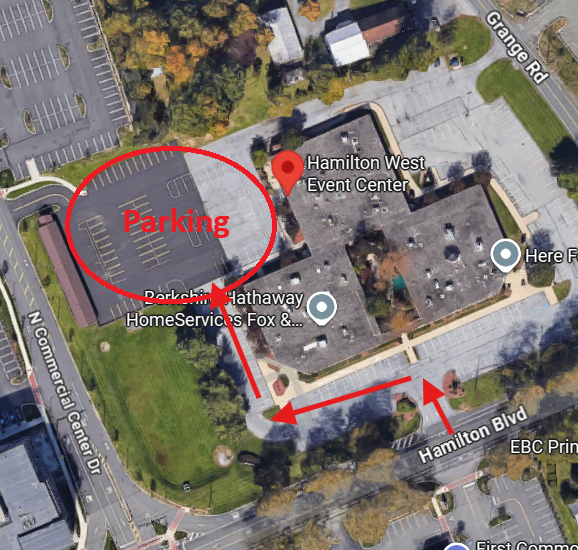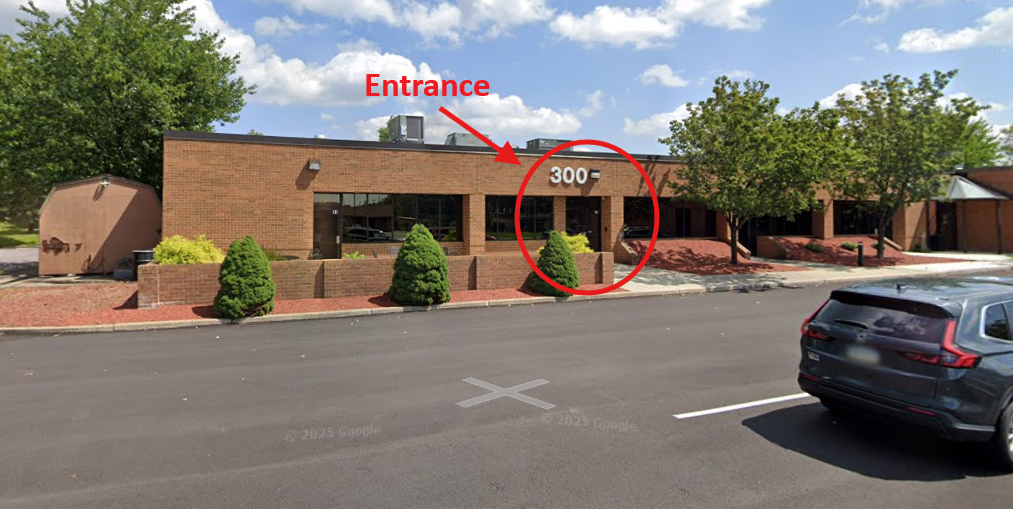When novelists write, they labor over the first and last sentences. You probably know some of these already. Dickens started off A Tale of Two Cities with the now famous line, “It was the best of times, it was the worst of times.” Orwell ended his prescient work 1984 with the ominous line, “He loved big brother.” There’s also a reason (nearly) every Christian knows Genesis 1:1 by heart.
Beginnings and endings frame everything in between. All I need to tell you is first and last line of a story and you know exactly what kind of story it will be: “Once upon a time…and they lived happily ever after.” With just those lines you know that it is a fairy tale.
And this is also true of worship – beginnings and endings are important. They frame everything else that happens. Have you ever thought specifically about how we begin and end our services? We don’t begin or end with a song, prayer, or sermon – we begin with a call to worship and end with a benediction.1 This is what we do every week, without fail.
This is an intentional decision, informed by the historic practice of the church and the theological meaning of worship, to frame our worship service with these elements. So let’s take a closer look at each one:
Call to Worship
The call to worship is just that, a call. In it, God both invites and commands us to worship Him. Most of our calls to worship come from the Psalms and they all bear this characteristic.
This is important because it teaches us each week that we do not presume to enter God’s presence on our own. Sinful as we are, we can’t simply waltz back into the presence of a holy God. We must be invited back in and that invitation must come from God. By starting each service with the call to worship, we proclaim that we are able to offer acceptable worship to God only because He has invited us to do so.
But the call to worship is more than an invitation, it is a command. Many of our calls to worship begin with the phrase, “Praise the Lord,” which in Hebrew is hallelu jah. But this is no mere exclamation, it is a command, it is in the imperative mood.
So, not only does the call to worship remind us that we must be invited by God to worship, but it also reminds us that God commands us to worship. Everything that follows in the worship service is done in obedience to God’s command. We are commanded to sing, to pray, to read, hear, and preach the Scriptures. We are commanded to observe the sacraments of baptism and the Lord’s Supper. The worship service is not a buffet from which we may chose the elements we like; they are commanded by God and we do them in obedience to Him.
So, our service begins with a word from God and that word is an invitation and a command.
Benediction
The benediction is the complementary ending of our service. We don’t use “benediction” much in contemporary English, but the word simply means blessing. The benediction is a blessing pronounced upon God’s people.
Many of the New Testament books (which would have been read in their entirety in the early church), end with benedictions. Paul includes a benediction at or near the end of every single one of his letters! (Rom. 16:20, 1 Cor. 16:23-24, 2 Cor. 13:14, Gal. 6:18, Eph. 6:23-24, Phil. 4:23, Col. 4:18, 1 Thess. 8:28, 2 Thess. 3:18, 1 Tim. 6:21, 2 Tim. 4:22, Titus 3:15, Philem. 1:25). Indeed, the entire Bible ends with the benediction in Revelation 22:21,
The grace of the Lord Jesus be with all. Amen.
In the benediction, God speaks and blesses His people. It is a fitting end to the worship service because it reminds us that, just as we come at God’s call, so we leave with His blessing.
It’s important to note that the benediction is not a prayer. In prayer the arrow of communication is from the ground up, so to speak. But in the benediction, it is reversed, the arrow of communication is from heaven to earth. It is a word from God for His people, and so rather than closing your eyes and bowing your head (as I grew up doing!), keep you head up, eyes open, and hold out your hands to receive the blessing from God.
So then, the very order of our worship service should remind us that worship begins and ends with a word from God. God gets the first and last word in our worship.
In order to help us think more deeply about this, I’m starting a series where, each month, I will send out a brief reflection on the call and benediction used for that month (first one here). I hope that these will help you reflect more deeply about what we do on the Lord’s Day as we worship the God who calls and blesses.
- The welcome and announcements are not, strictly speaking, elements of the worship service. This is one reason why we moved the announcements from the middle of our service to the very beginning, so that everything framed within the call and benediction is an element of worship. So, while Pastor John does give the welcome and announcements first, our worship starts with the call. ↩︎
Discover more from Grace Community Church
Subscribe to get the latest posts sent to your email.


0 Comments